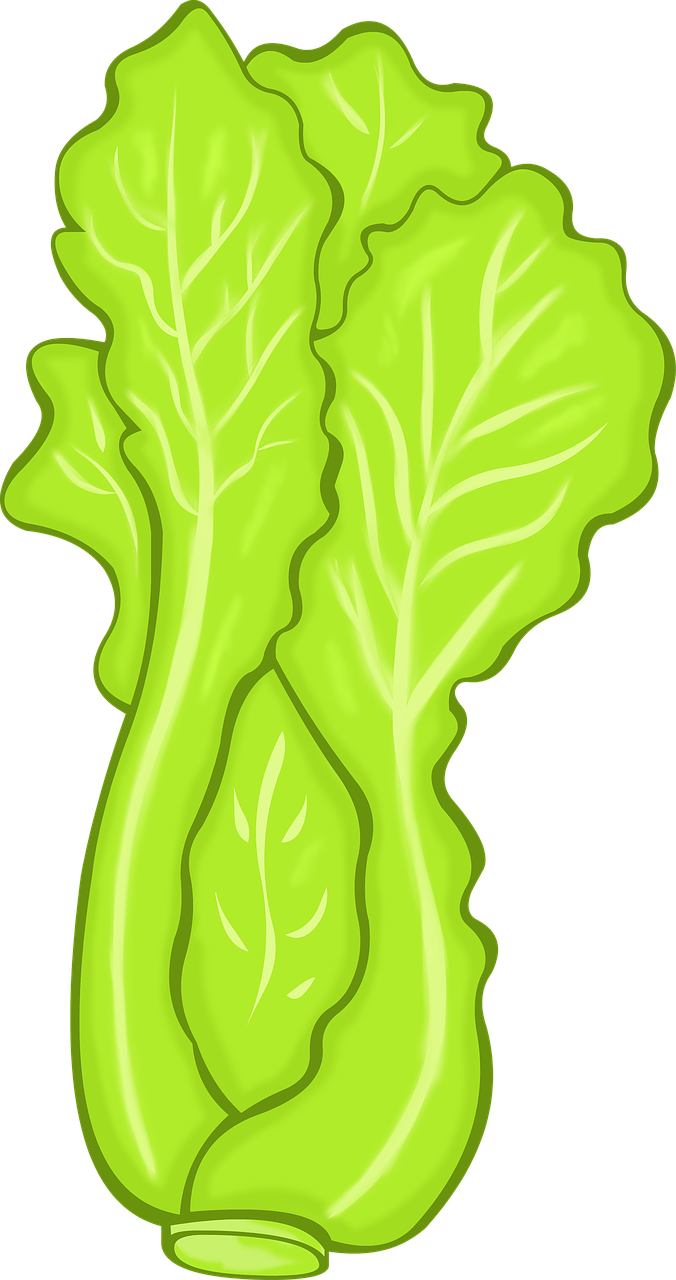Research suggests that some vitamins might play a key role in skin health. In many cases, these vitamins are most effective when a person applies them directly to the skin. Following a healthful, balanced diet that is free of vitamin and nutrient deficiencies may improve skin health by boosting overall health.

 Vitamin A
Vitamin A
 Several B-complex vitamins may improve skin health. The water-soluble vitamins are readily available as supplements, including as supplements that include all 12 B-complex vitamins.
Several B-complex vitamins may improve skin health. The water-soluble vitamins are readily available as supplements, including as supplements that include all 12 B-complex vitamins.
 Vitamin D supports skin cell metabolism, helping the skin grow and repair itself. So, inadequate levels of vitamin D may trigger skin problems. Beneficial sources of vitamin D include fortified products such as milk and cereal, as well as salmon, swordfish, and tuna.
Vitamin D supports skin cell metabolism, helping the skin grow and repair itself. So, inadequate levels of vitamin D may trigger skin problems. Beneficial sources of vitamin D include fortified products such as milk and cereal, as well as salmon, swordfish, and tuna.
It’s time to rethink your drink. Supercharge your water for optimal hydration and more energy, stamina and vitality.† Each packet contains the ideal balance of electrolytes, minerals, B vitamins and antioxidants making it the perfect drink mix for your daily routine—just add to water!†
• 20 packets in each box
• Mineral electrolytes can help keep the body operating at its peak, increasing stamina and maintaining proper fluid balance†
• Energy-boosting B-vitamins are essential for more natural energy†
• Vitamin C and mineral zinc can help to boost your immune system†
• 3 great-tasting, refreshing flavors (Berry, Lemon Lime and Orange)
• Stimulant-free energy without any caffeine

 Vitamin A
Vitamin A
Many multivitamins contain 100 percent or more of the recommended daily intake of vitamin A. Other good sources of vitamin A include carrots, dark leafy green vegetables, sweet potatoes, and eggs.
Retinoids, including retinol, tretinoin, isotretinoin, and similar chemicals, are manufactured forms of vitamin A.
Research into the role of vitamin B-complex supplements is promising, though inconclusive. A 2018 study found that vitamin B could help the body produce healthy new skin cells.
Not all research has found such benefits, though many studies suggest that B-complex vitamins are most effective when people apply them directly to the skin.
Vitamin B-3, or niacin amide, may help some signs of skin aging. Some studies suggest that it may help reduce the appearance of age spots and other forms of skin discoloration. Some women report improvements in their skin and hair when taking prenatal vitamins that contain folic acid.
Vitamin C is an antioxidant. This means that it may reverse free radical-induced oxidation damage.
Most research suggests that oxidation damage plays an important role in aging, including skin aging.
In theory, this could mean that vitamin C supplements might improve skin health and slow the skin aging process. Research to support this claim varies, however.
Most studies have found few benefits associated with vitamin C, though a 2010 study does suggest that vitamin C may slow sun-related skin aging.
 Vitamin D supports skin cell metabolism, helping the skin grow and repair itself. So, inadequate levels of vitamin D may trigger skin problems. Beneficial sources of vitamin D include fortified products such as milk and cereal, as well as salmon, swordfish, and tuna.
Vitamin D supports skin cell metabolism, helping the skin grow and repair itself. So, inadequate levels of vitamin D may trigger skin problems. Beneficial sources of vitamin D include fortified products such as milk and cereal, as well as salmon, swordfish, and tuna.
Vitamin D may also help with chronic inflammation. Inflammation can lead to skin irritation, some types of acne, and eczema. In fact, one 2010 study found that using a cream containing vitamins D and E could help with atopic dermatitis.
• 20 packets in each box
• Mineral electrolytes can help keep the body operating at its peak, increasing stamina and maintaining proper fluid balance†
• Energy-boosting B-vitamins are essential for more natural energy†
• Vitamin C and mineral zinc can help to boost your immune system†
• 3 great-tasting, refreshing flavors (Berry, Lemon Lime and Orange)
• Stimulant-free energy without any caffeine
Like vitamin C, vitamin E is an antioxidant that may slow aging that free radicals cause.
Preliminary research suggests that vitamin E supplements may slow skin aging, but the research is not conclusive. Seeds, nuts, spinach, mangoes, and corn are rich in vitamin E.
Many skin care products contain vitamin E. It is a popular scar remedy. However, research into vitamin E's ability to reduce the appearance of scars has reached contradictory conclusions.
A 2015 review found that vitamin E did prevent scarring in some studies, but in other studies, vitamin E either did not work or made scars worse.
Also, a 2010 study found that applying topical vitamin D and vitamin E cream could help with atopic dermatitis.
Some research suggests that vitamin E may help with wound healing, especially in combination with vitamin C and zinc. It may also help treat acne and pressure sores.

.png)



Comments
Post a Comment